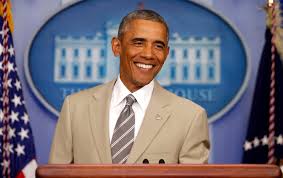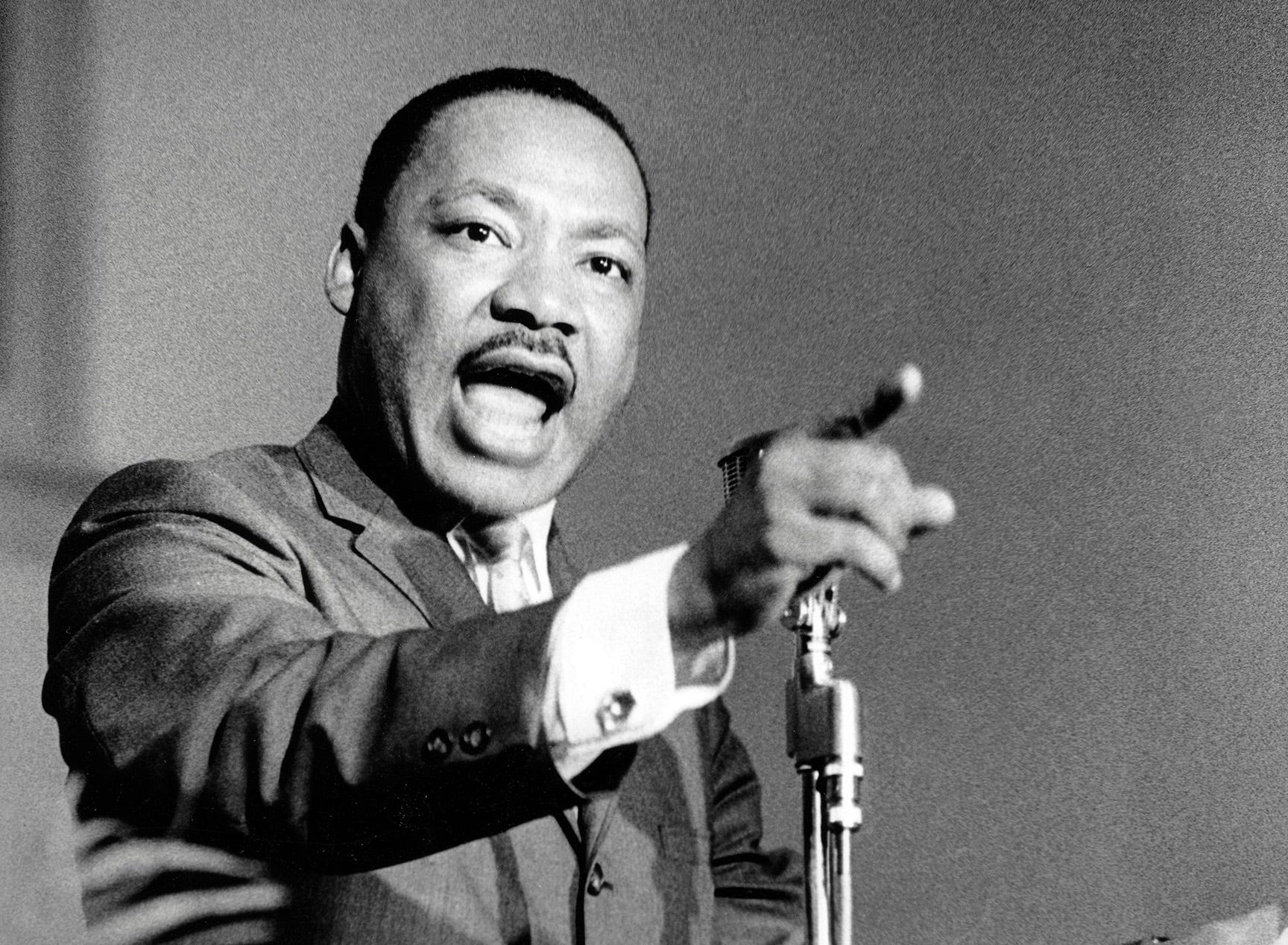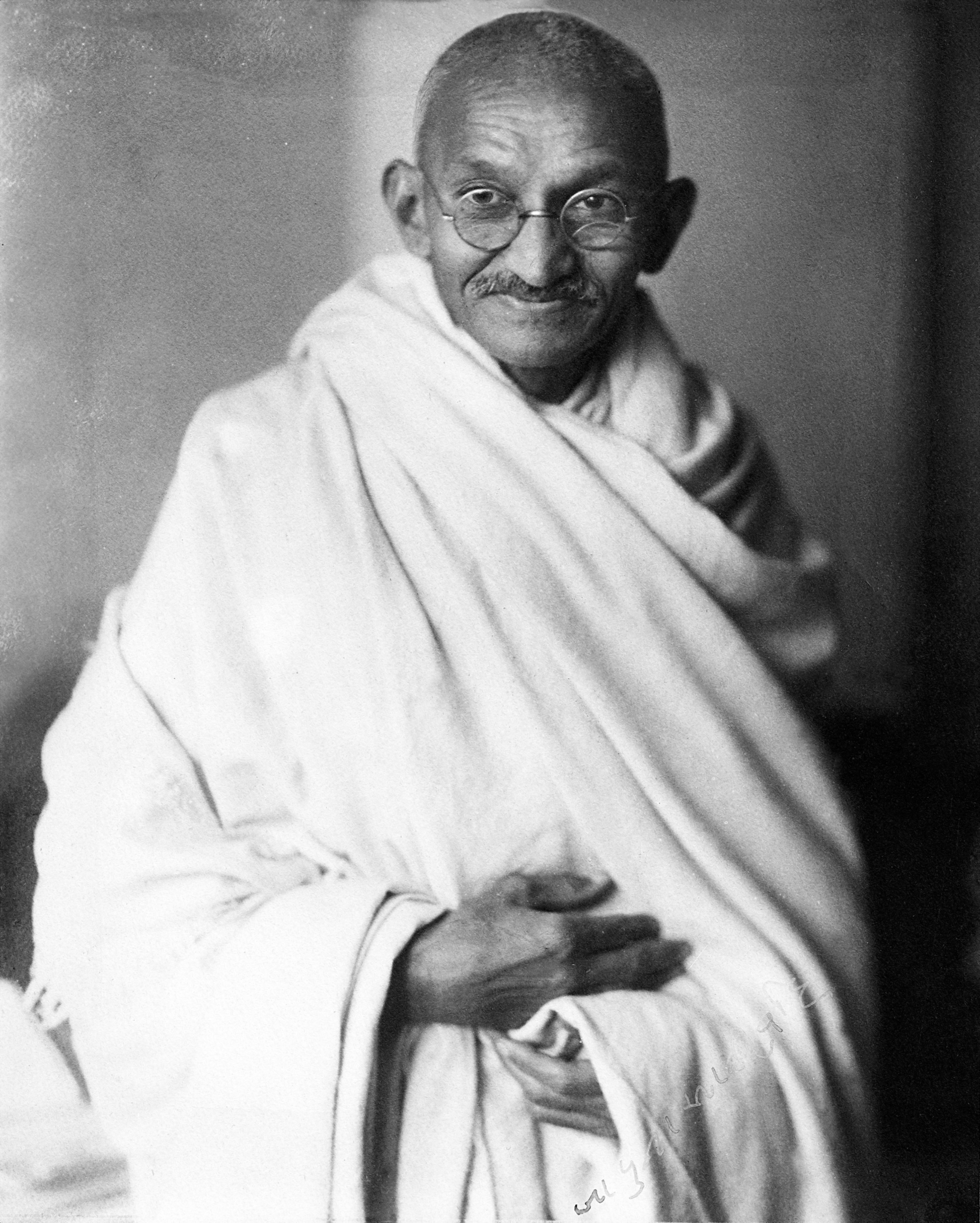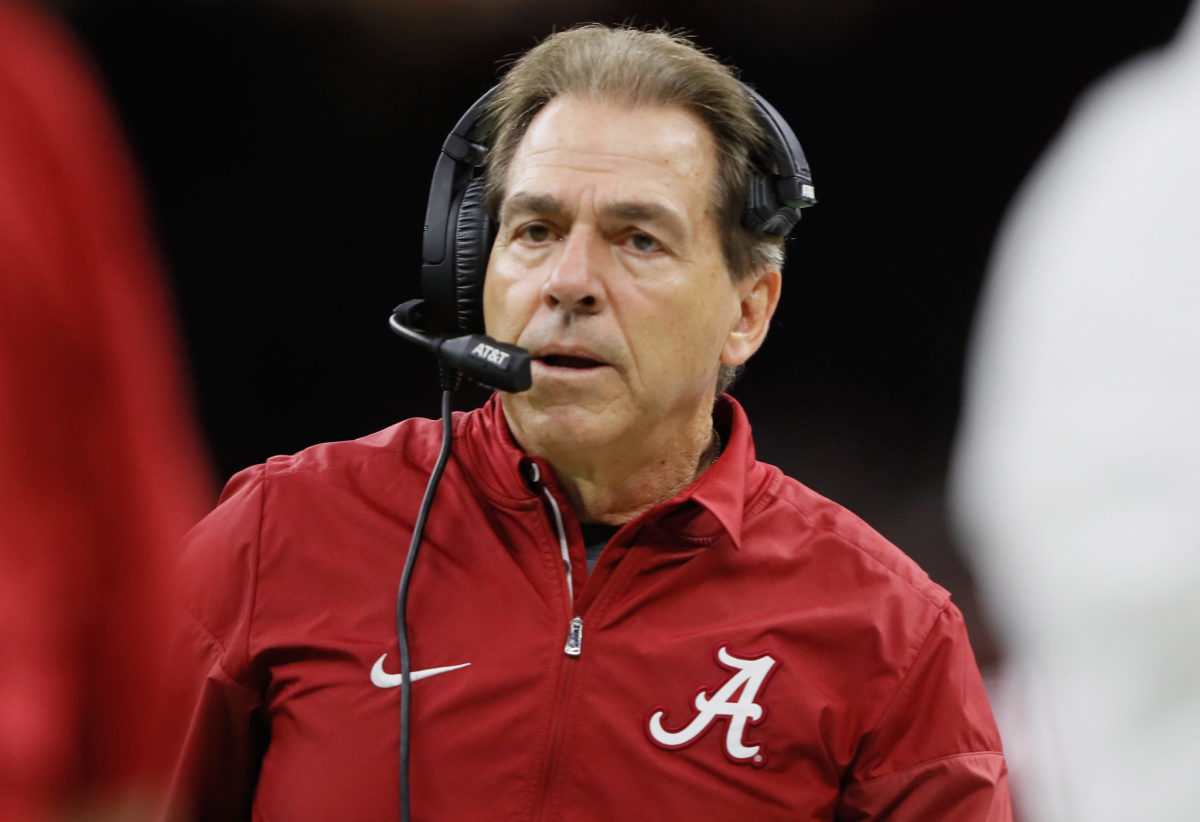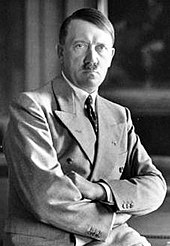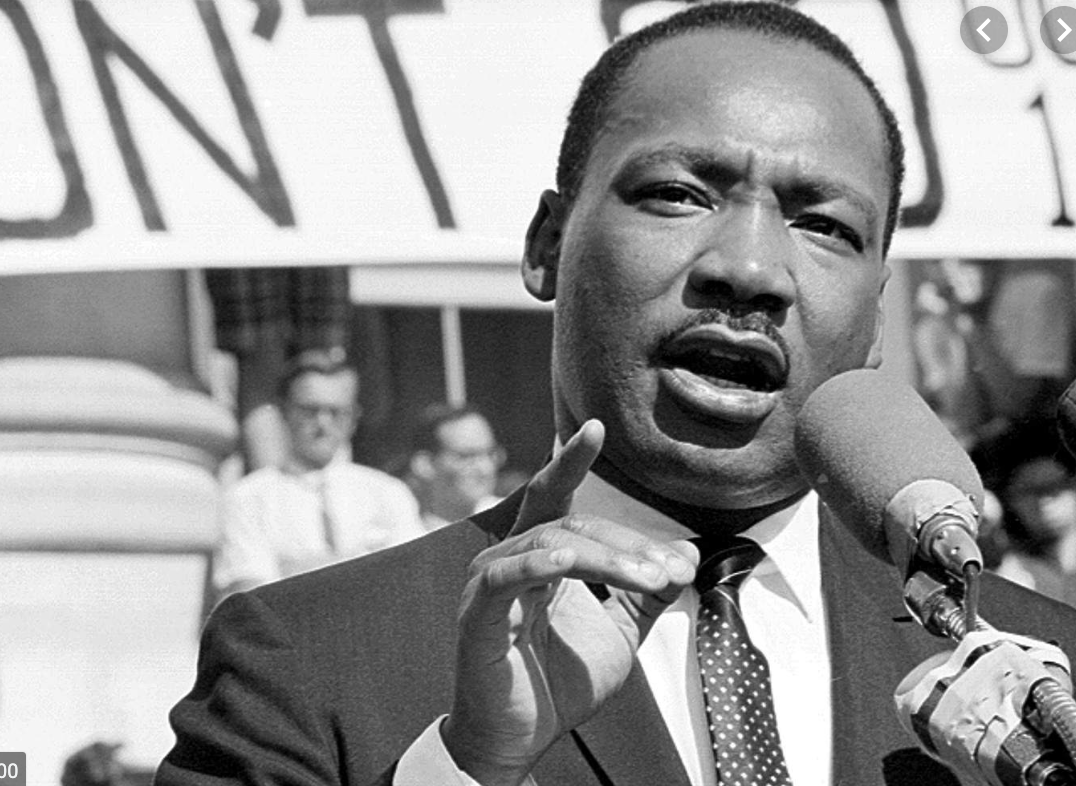Before reading the article, I thought of charisma as an adjective to describe someone who is naturally outgoing and confident, causing people to gravitate towards them. After reading the article, my prior thoughts were supported in that the multiple theories and examples from history showed leaders who have possessed these qualities, allowing them to be more effective and powerful leaders. Although many people in the reading were great leaders, one can be charismatic solely by possessing Riggio’s six characteristics which are emotionally expressive, enthusiastic, driven, eloquent, visionary, self-confident, and responsive to others. However, if one does possess these qualities they will naturally draw people’s attention and influence people to think and act like them, making charismatic people naturally very good at leading others.
One charismatic leader that stands out to me is Adolf Hitler. Hitler’s magnetic personality and ability to captivate the public with his speeches allowed him to influence so many people to do such horrible things. The fact that he convinced almost all of German citizens to participate in his mass genocide proves his charismatic leverage on society at the time. If it wasn’t for his charismatic personality, he may have never risen to power and been able to do everything that he did during WWII.
Someone who I learned to be very charismatic that I would not have thought of otherwise is Martin Luther King. His extraordinarily calm demeanor caused me not to think of his as charismatic, but after reading Riggio’s article I learned that charisma does not have to be out-going. Similar to Hitler, MLK used his self-confidence, enthusiasm, and eloquence in order to influence and lead people.
2 Comments


/cdn.vox-cdn.com/uploads/chorus_image/image/49601353/Screen_Shot_2016-05-01_at_12.14.34_PM.0.0.png)


